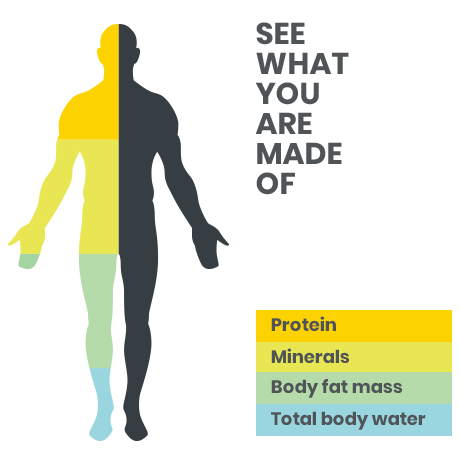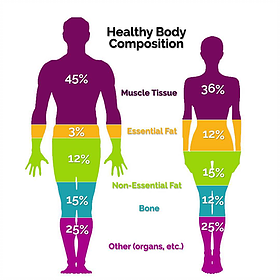
If you’re living with ADHD, you’ve likely met its constant companion: anxiety. The two are like old acquaintances, often showing up together in the background of your daily life. ADHD brings its vibrant mix of curiosity and distraction, while anxiety adds a layer of restlessness, self-doubt, and that nagging sense that something might go wrong.
It’s no surprise, really. The unpredictable nature of ADHD – missed deadlines, impulsive decisions, and forgotten appointments—can create a daily rhythm filled with uncertainty. And uncertainty is anxiety’s favourite playground.
But here’s the hopeful part: understanding how ADHD and anxiety interact is half the battle. With the right strategies, support, and a little self-compassion, you can learn to manage both with more confidence.
Why Do ADHD and Anxiety So Often Overlap?
Think of the ADHD brain as one that’s wired for interest-based focus. This means you might find it hard to stick with tasks that don’t feel engaging or urgent. When the demands of a world designed for neurotypical processing start to pile up—misunderstood instructions, forgotten chores, a backlog of emails anxiety naturally creeps in.
You may find yourself constantly worrying about forgetting something crucial. Ruminating over past conversations. Or feeling overwhelmed at the thought of making choices that seem easy for others.
This isn’t a weakness. It’s the experience of a neurodivergent mind navigating a world that isn’t always built for it.
Common Daily Triggers for ADHD-Related Anxiety
For many with ADHD, anxiety doesn’t just come from big life events. It often bubbles up from everyday moments:
- Feeling overwhelmed by choices, even simple ones.
- Struggling to start a task because you don’t know where to begin.
- Having difficulty concentrating at work or school.
- Fearing you’ve misread social cues or said the wrong thing.
- Feeling like you’re constantly behind, no matter how hard you try.
These moments can feel isolating, but you are not alone.
Coping Strategies That Work
Managing ADHD and anxiety takes practice and patience, but small, consistent changes can make a vast difference.
- Establish Simple Routines
Structure can be incredibly calming for an ADHD brain. Start with small morning or evening rituals. Something as simple as making your tea the same way each morning or laying out your clothes the night before can create a reassuring sense of control.
- Break Down Overwhelming Tasks
Instead of writing “finish report” on your to-do list, break it down into smaller steps: Open laptop, write introduction, outline key points. Clear, actionable steps reduce the feeling of being overwhelmed.
- Use External Reminders
Don’t rely on your memory alone. Use phone alarms, sticky notes, or visual planners. These external cues can serve as gentle, non-judgmental reminders throughout the day.
- Practice Mindful Breathing
When you feel anxiety building, just one minute of intentional breathing can help reset your nervous system. Inhale deeply, hold for a moment, and exhale slowly. Repeat.
- Try Body Doubling
Working on a task alongside someone else (even if they’re working on something different, either in-person or remotely) can significantly improve focus and quiet the mental chatter that fuels anxiety.
- Practice Self-Compassion
ADHD and anxiety often bring a loud inner critic. Experiment with changing that voice. “I’m doing my best with the tools I have” goes much further than, “Why can’t I just get my act together?”
You Don’t Have to Choose Between Functioning and Feeling Okay
It’s easy to fall into the trap of thinking you must push yourself endlessly to manage ADHD, or that anxiety is just something you have to live with.
But the reality is, it’s okay to slow down. It’s okay to ask for help. It’s okay to celebrate the small victories.
You’re not lazy. You’re not broken. You’re navigating a brain that works differently, and it’s okay for things to feel hard sometimes.
When it comes to managing ADHD and anxiety, there is no one-size-fits-all approach. What works for one person might not work for another and that’s okay. The most important thing is to remain curious. Experiment. And treat yourself with the same kindness you would offer to someone you truly love.
Because even though the path may feel tumultuous, it’s yours. And you’re more on track than you realise.
#BeTheForce
Disclaimer: This blog is for informational purposes only and is not a substitute for professional medical advice, diagnosis, or treatment. Please consult a doctor for personalised guidance and recommendations related to ADHD.







 In a previous article, we looked at some
In a previous article, we looked at some 


